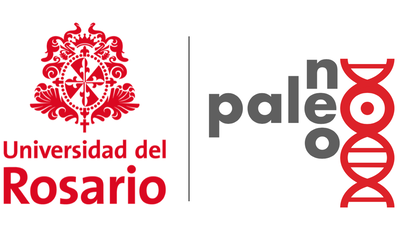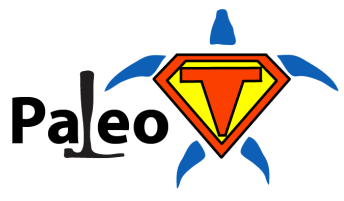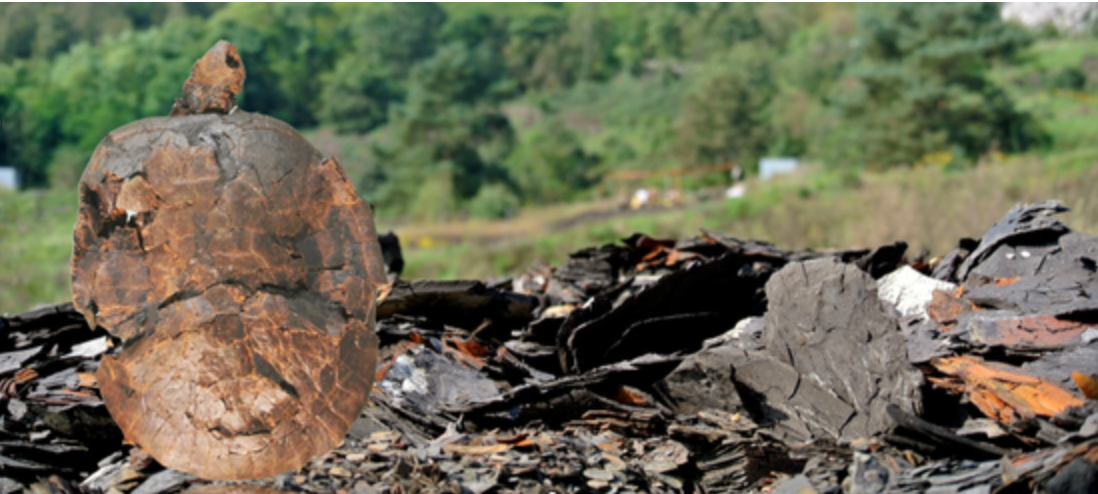
PhD. Edwin Cadena
Geologist-Vertebrate paleontologist
[email protected]
Current positions
Full professor, Postgraduate Director
Faculty of Natural Sciences
Universidad del Rosario, Bogotá, Colombia
https://www.urosario.edu.co/facultad-ciencias-naturales/Inicio/
Research associate: Smithsonian Tropical Research Institute
Field Museum of Natural History
Education & previous positions
Associate Professor. Universidad del Rosario. Colombia 2018-2021
Assistant Professor. Yachay Tech University. Ecuador 2015-2018
Postdoctoral Fellow. Alexander von Humboldt Foundation-Senckenberg Museum, Germany 2012-2015
PhD in Geology, North Carolina State University, Raleigh, NC, USA. 2012
MSc in Geology. University of Florida, Gainesville, FL, USA. 2009
BSc in Geology. Universidad Industrial de Santander - Bucaramanga, Colombia. 2001
Research interests
My research focuses on understanding the evolution of vertebrates in the tropical region of South America, and investigating the events that have contributed to their current diversity and geographical distribution. Additionally, I am interested in exploring the preservation of soft tissues and biomolecules in the fossil record, with a particular emphasis on turtles as a case study. The topics I cover in my research include systematics, phylogeny (both morphology and molecular), paleobiogeography, paleoecology, bone histology, and molecular paleontology. By combining traditional paleontology with molecular paleontology, including paleogenomics and paleoproteomics, we are able to approach biological and evolutionary events and address questions from a broader perspective. This field is still in its early stages of development, but holds great potential for further advancements.
Current projects
New fossil turtles of the Neotropics. This is a long-term project funded by Universidad del Rosario and other institutions. Its main focus is to describe and understand the phylogenetic and evolutionary implications of various newly discovered Mesozoic and Cenozoic fossil turtles found in Colombia, Panamá, Venezuela and the region. These findings include the remarkable Stupendemys geographica, which holds the title of being the largest freshwater turtle ever known. Additionally, the project aims to study the oldest known Protostegidae turtle and uncover new information about turtles from the renowned La Venta Fauna, including new taxa.
Pleistocene fossils from a new locality at the Sogamoso Canyon, Santander, Colombia. This project involves the description of fossil turtles and mammals from a new Pleistocene deposit and the history that they can reveal on one of the most iconic geological and landscape landmarks in northeastern Colombia.
Ecuador Amber Project. This is a project in cooperation with Senckenber Museum, Universidad de Barcelona, the Instituto Geológico y Minero de España, and the Escuela Politécnica Nacional. Discovering and characterizing the Lower Cretaceous amber deposits of western Ecuador.
Fossil pterosaurs of Colombia. A project in cooperation with University of Michigan colleagues to work on new material of fossil pterosaurs of Colombia
Geologist-Vertebrate paleontologist
[email protected]
Current positions
Full professor, Postgraduate Director
Faculty of Natural Sciences
Universidad del Rosario, Bogotá, Colombia
https://www.urosario.edu.co/facultad-ciencias-naturales/Inicio/
Research associate: Smithsonian Tropical Research Institute
Field Museum of Natural History
Education & previous positions
Associate Professor. Universidad del Rosario. Colombia 2018-2021
Assistant Professor. Yachay Tech University. Ecuador 2015-2018
Postdoctoral Fellow. Alexander von Humboldt Foundation-Senckenberg Museum, Germany 2012-2015
PhD in Geology, North Carolina State University, Raleigh, NC, USA. 2012
MSc in Geology. University of Florida, Gainesville, FL, USA. 2009
BSc in Geology. Universidad Industrial de Santander - Bucaramanga, Colombia. 2001
Research interests
My research focuses on understanding the evolution of vertebrates in the tropical region of South America, and investigating the events that have contributed to their current diversity and geographical distribution. Additionally, I am interested in exploring the preservation of soft tissues and biomolecules in the fossil record, with a particular emphasis on turtles as a case study. The topics I cover in my research include systematics, phylogeny (both morphology and molecular), paleobiogeography, paleoecology, bone histology, and molecular paleontology. By combining traditional paleontology with molecular paleontology, including paleogenomics and paleoproteomics, we are able to approach biological and evolutionary events and address questions from a broader perspective. This field is still in its early stages of development, but holds great potential for further advancements.
Current projects
New fossil turtles of the Neotropics. This is a long-term project funded by Universidad del Rosario and other institutions. Its main focus is to describe and understand the phylogenetic and evolutionary implications of various newly discovered Mesozoic and Cenozoic fossil turtles found in Colombia, Panamá, Venezuela and the region. These findings include the remarkable Stupendemys geographica, which holds the title of being the largest freshwater turtle ever known. Additionally, the project aims to study the oldest known Protostegidae turtle and uncover new information about turtles from the renowned La Venta Fauna, including new taxa.
Pleistocene fossils from a new locality at the Sogamoso Canyon, Santander, Colombia. This project involves the description of fossil turtles and mammals from a new Pleistocene deposit and the history that they can reveal on one of the most iconic geological and landscape landmarks in northeastern Colombia.
Ecuador Amber Project. This is a project in cooperation with Senckenber Museum, Universidad de Barcelona, the Instituto Geológico y Minero de España, and the Escuela Politécnica Nacional. Discovering and characterizing the Lower Cretaceous amber deposits of western Ecuador.
Fossil pterosaurs of Colombia. A project in cooperation with University of Michigan colleagues to work on new material of fossil pterosaurs of Colombia

